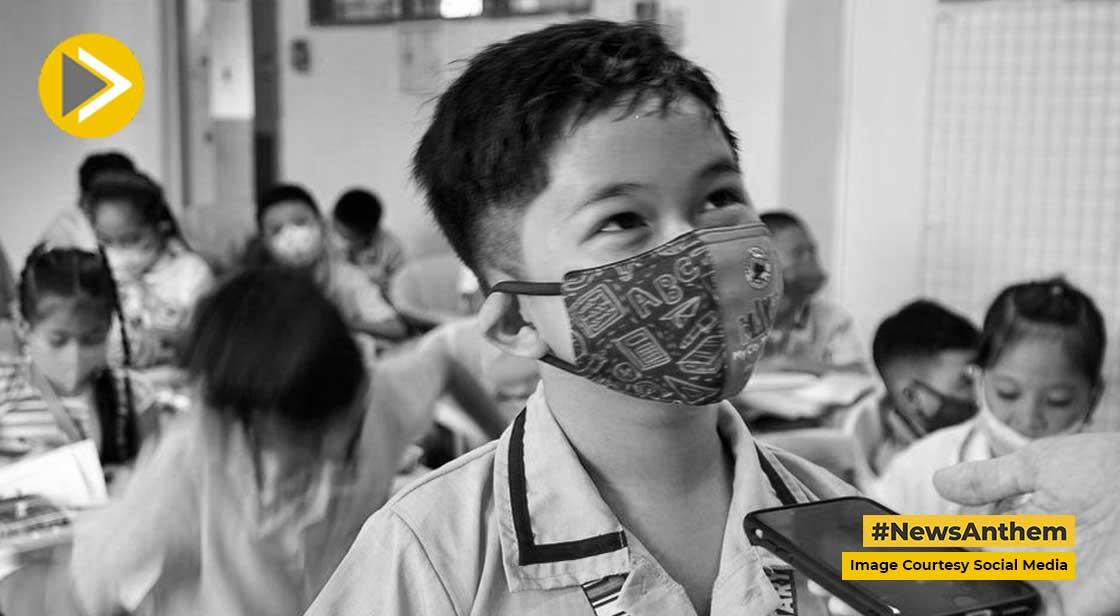Mixed Feelings of Joy And Anxiety As Schools Resume In Philippines

News Synopsis
Jhonas Doaiyne, a third-year student in the Philippines, has never been in a classroom. Until now, that is. He's never raised his hand to ask his instructor a question. Alternatively, he may sit next to a friend. Or he might wear his school uniform. The eight-year-old has only ever accessed his school via a laptop or phone screen.
He and 27 million other students in the Philippines were forced to study online for two years as the government enacted one of the world's longest lockdowns to prevent the spread of Covid-19. And now that Jhonas is finally in class, he must learn new rules. "My mother warned me that if I made small talk with one of my classmates, I'd be in big trouble," he adds.
However, even in the largest classes at the Palanan Elementary School in Makati, a neighbourhood of Manila, there was minimal chit-chat. The pupils were completely focused on their teacher, with several meticulously transcribing their school schedules into their workbooks.
These situations were repeated in roughly half of the Philippines' schools. Local TV stations were flooded with information on the best bus routes for getting children to school safely, as well as beautiful images of enthusiastic little children bouncing through gates in brand new uniforms.
Some had even dressed up in "eager to learn" headbands for the occasion. "Welcome back, we missed you," read the homemade banners outside many of the schools. On Monday, around 46 percent of students began five days of face-to-face courses, with the remainder remaining partially online for the time being. The government anticipates that all enrolled students will be back in school by November.
However, international organisations are worried about the long-term impacts of online learning. According to a recent World Bank research, nine out of ten Filipino youngsters still fail to read simple texts by the age of ten. "If we do not want to lose this generation of children and teenagers, we must fight this learning catastrophe," the study states.
Online learning may have contributed to the virus's slow spread, but it may also have exacerbated the digital educational divide in rural regions. Monday was only the first of "many milestones" in the country's "learning recovery path," according to UNICEF. The organisation has assisted in the provision of cleaning and disinfection supplies to schools.









